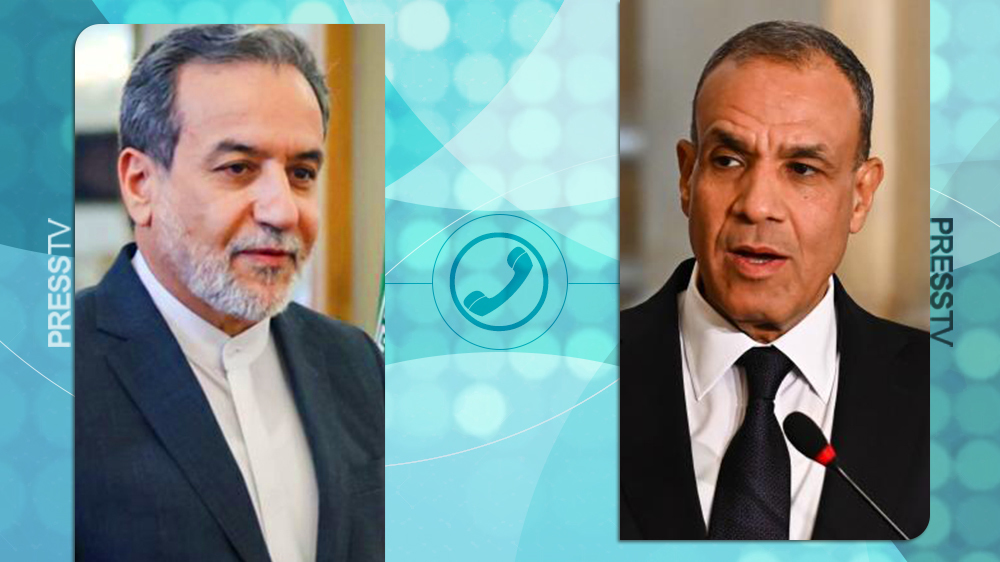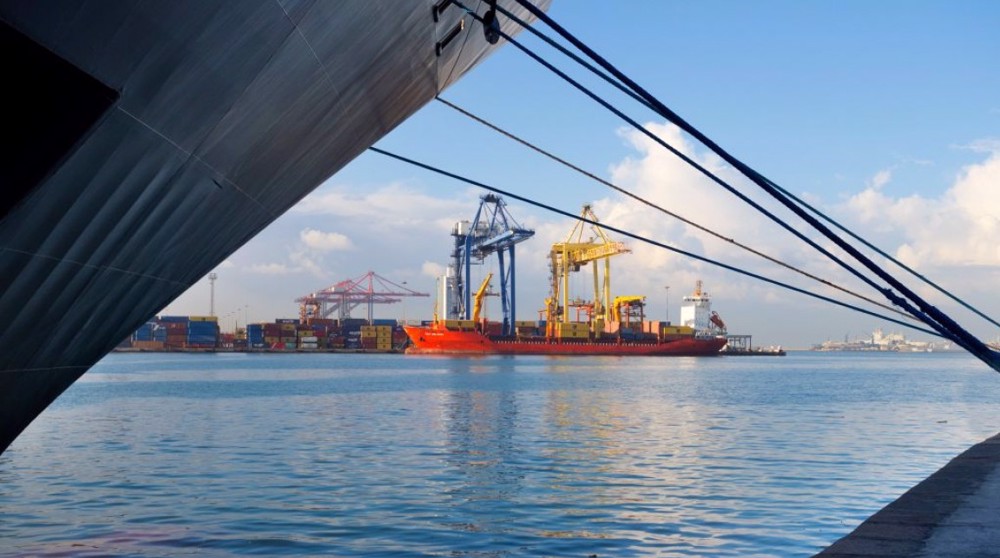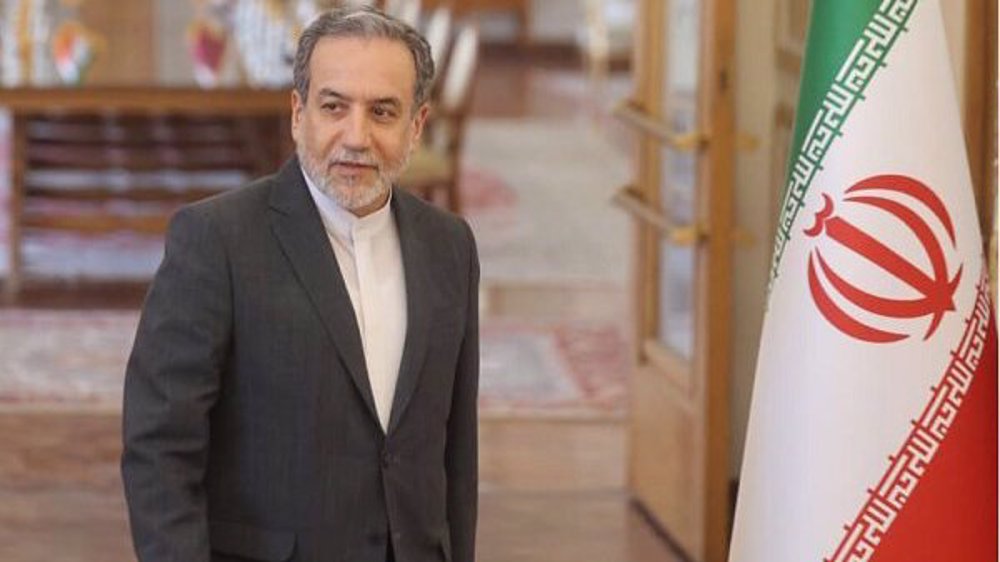Egypt sends ambassador to Tel Aviv after three-year haitus
Egypt has sent a new ambassador to Tel Aviv after a three-year lapse in diplomatic presence in the occupied territories.
Israel’s foreign ministry said on Sunday that Egyptian ambassador Hazem Khairat arrived on Friday.
Israeli Prime Minister Benjamin Netanyahu welcomed Khairat’s arrival at his cabinet meeting on Sunday and said this would enable both sides to further “strengthen relations.”
Khairat previously served as Egypt’s ambassador to Chile and the Arab country’s envoy to the Arab League. He was appointed as the ambassador to Tel Aviv by President Abdel Fattah el-Sisi in June, but was deployed on Friday.
Khairat is the first residing Egyptian ambassador in Tel Aviv since former President Mohammed Morsi recalled Cairo’s last ambassador in November 2012 in protest to the Israeli regime’s aggression against Palestinians in the besieged Gaza Strip.

Relations between Egypt and the Israeli regime have been growing since Sisi took power in the Arab country in 2014 after orchestrating a military coup against Morsi, Egypt’s first democratically elected president, a year earlier.
The Israeli regime appointed Haim Koren as its envoy to Cairo in 2014 and opened its embassy in September 2015 after a four-year closure due to security concerns.
The embassy was closed on September 9, 2011, after thousands of protesters stormed the compound following the killing of six Egyptian policemen in August the same year by Israeli forces during cross-border operations on Egyptian soil in the Sinai Peninsula.
Last summer, Egypt launched a project to flood the area along its border with Gaza Strip to destroy the underground lifeline tunnels linking Egypt to the Palestinian territory.
In mid-June 2015, the Egyptian military said it had demolished nearly 1,430 underground tunnels in 18 months.
The Egyptian army claimed that the tunnels were “used by terrorists and criminals” to smuggle weapons to militants in the Sinai Peninsula. The World Food Program (WFP), however, said in a report in February 2014 that the tunnels have represented “the main supply and commercial trade route for goods into Gaza” since 2007.
Dozens of people, mostly Palestinians, have lost their lives during the destruction of tunnels, which has intensified since the 2013 ouster of Egypt's first democratically-elected President Mohamed Morsi.
Gaza has been under the Israeli air, sea and land blockade since 2007, causing a decline in living standards, unemployment and unrelenting poverty.
The Rafah border crossing, the sole crossing point between Egypt and Gaza, has also largely been shut since the 2013 coup in the African country.
VIDEO | Press TV's news headlines
Iranian satellites launched into space as private sector debuts in space industry
VIDEO | Iran, Azerbaijan conduct joint maritime rescue operations
VIDEO | Yemen’s Red Sea divide: Naval forces block Israeli-linked ships in strategic ‘parting of the water’
VIDEO | Southern Gaza: Israel’s facade for famine and suffering
VIDEO | IOF hampering humanitarian aid
VIDEO | Sharmahd: Justice Done
Iran repeatedly warned Israel not to test its will: FM












 This makes it easy to access the Press TV website
This makes it easy to access the Press TV website